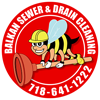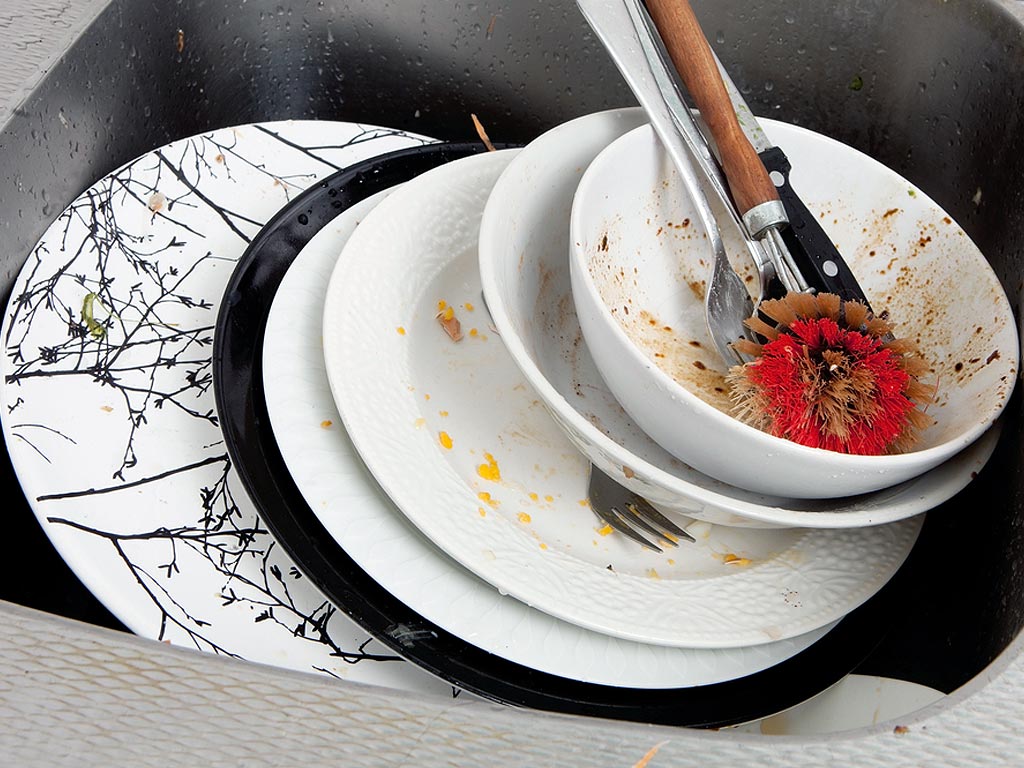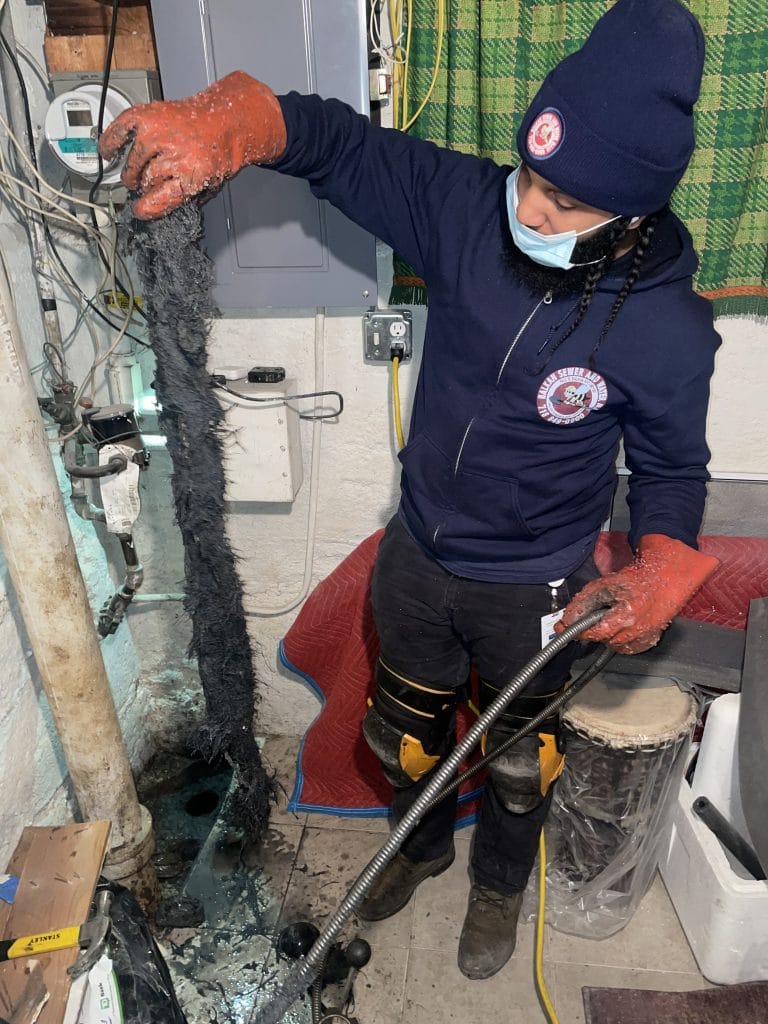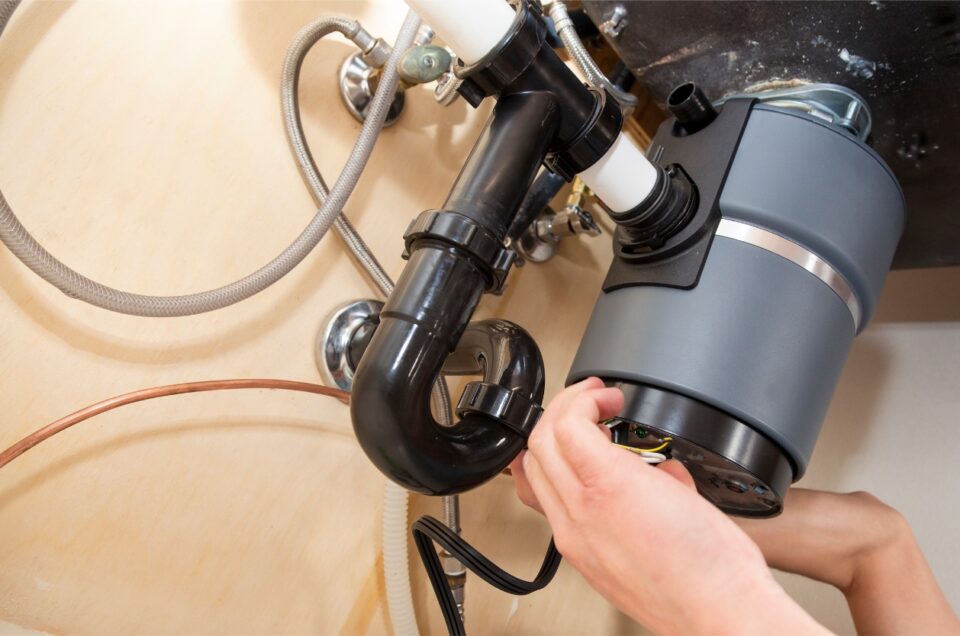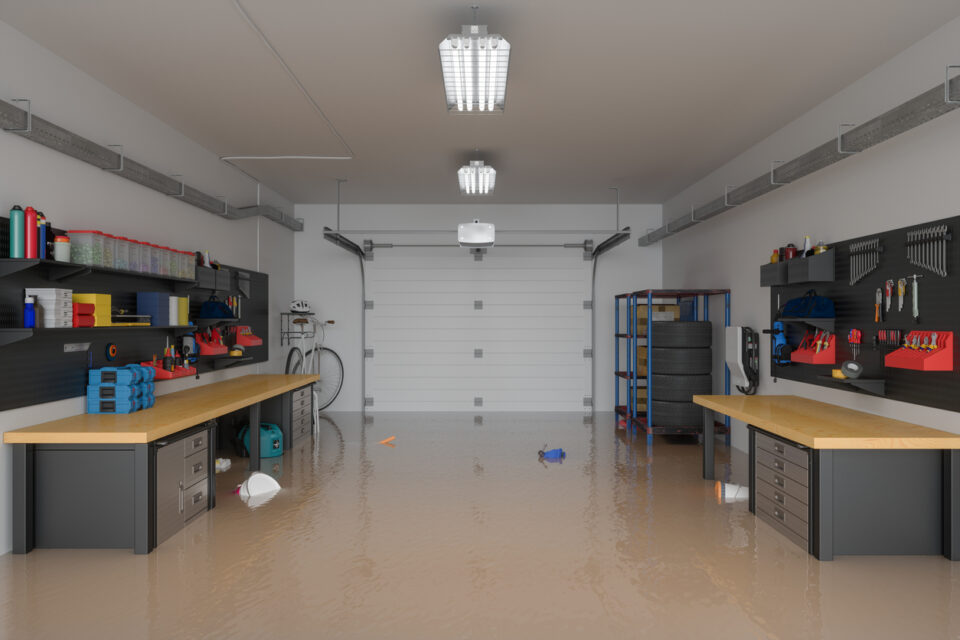Many people believe they can master their home’s plumbing with little more than the internet and the advice of a sales clerk at their local home improvement store. However, maintaining and repairing a plumbing system can be complex, especially when it comes to drain cleaning. Learn the answers to some common frequently asked questions regarding plumbing and its mysteries with our drain cleaning faq.

How often should I perform maintenance?
While this can hinge on variables such as how much a drain is being used (and what’s being rinsed down it), most agree that your drains can be maintained monthly with excellent results. You can easily maintain your kitchen and bathroom drains with the following boiling water technique:
- Pour a pot of the boiling water down the drain.
- Next, follow up with 1/2C Baking Soda and let it sit for five minutes.
- Pour in a combination of 1C boiling water and 1C vinegar, allowing the reaction to foam for fifteen minutes.
- Finally, pour another pot of the boiling water down the drain.
This simple yet effective method is enough to help keep your drain working smoothly and be odor-free in most cases. You may do it sooner if you notice your drain beginning to function slowly. This method is excellent for general maintenance and remedying buildup near the tops of sink drains, shower drains, tub drains, etc. Naturally any drain system that is abused will still block up. If you notice this technique is not having an effect, it could be that the clog or obstruction is deeper within your home’s plumbing system.
What can I do to prevent clogs?
To prevent the likelihood of a clog forming in your pipes, avoid flushing or rinsing away the following:
- ‘Flushable’ Wipes
- Cooking Oil or Grease
- Automotive Oils
- Solid Foods
- Paper Towels
- Cotton Balls
- Feminine Products
None of these items should ever be put down a drain or flushed away. Additionally, it is recommended to place filters over your shower, tub, and washing machine drains to avoid the buildup of hair and lint in your pipes.
What effect do roots have on my pipes?
Plant and tree roots can have dire effects on any sewage or draining system. Once they have broken into a pipe, or grown through a pipe joint, they can begin causing the pipe to drain slowly. Eventually root growth will lead to a total blockage. Early treatment is best for this type of drain cleaning issue and is not recommended as a DIY project. Once roots have broken in, it is likely they will continue invading the pipe system. As roots are allowed to grow they will become thicker, and eventually crack the drain pipe or become too entrenched to clear out. For this reason, it is best to seek the advice of a drain cleaning professional.
What are the warning signs of a blockage?
Your pipes will give you ample warning signs of an impending sewer obstruction. Some of these signs may include:
- Problems across multiple drains in the home.
- Sewage smell is rising from drains or toilet.
- Abnormal plumbing behaviors. For example, the washing machine drains and causes soapy water to come up in the shower or bathtub.
- Gurgling or bubbling from drains, pipes, or toilet.
If any of these signs are present, it is can be evidence that a clog is on the way. It is always better to take prompt drain cleaning action before a full blockage occurs.
Do I have to hire a professional plumber for repairs?
Yes. It is not recommended to tackle serious plumbing repairs at home. Your home’s plumbing and drainage system is a complex, delicate, and integral part of your household. If you are not sure how to proceed, you could end up doing more harm than good. Using improper equipment, or even proper equipment in the wrong hands, can make a blockage into damaged pipe or a broken drain system. Always call in a professional for serious plumbing repairs, replacements, and drain issues.
What exactly will be done to my drains?
Depending on the type of clog, a water jet treatment may be recommended. A water jet will blast pressurized water down the drain in an effort to break up and move certain types of clogs that a traditional sewer snake cannot clear. This is the best solution for clogs that may be grease based, as traditional methods only cut them up but don’t clear them out.
For more drain cleaning FAQ’s and information about the services we offer, we invite you to contact Balkan Sewer and Drain Cleaning. We will answer any questions or comments you may have about your drain cleaning needs and topics not covered in our drain cleaning FAQ’s.
